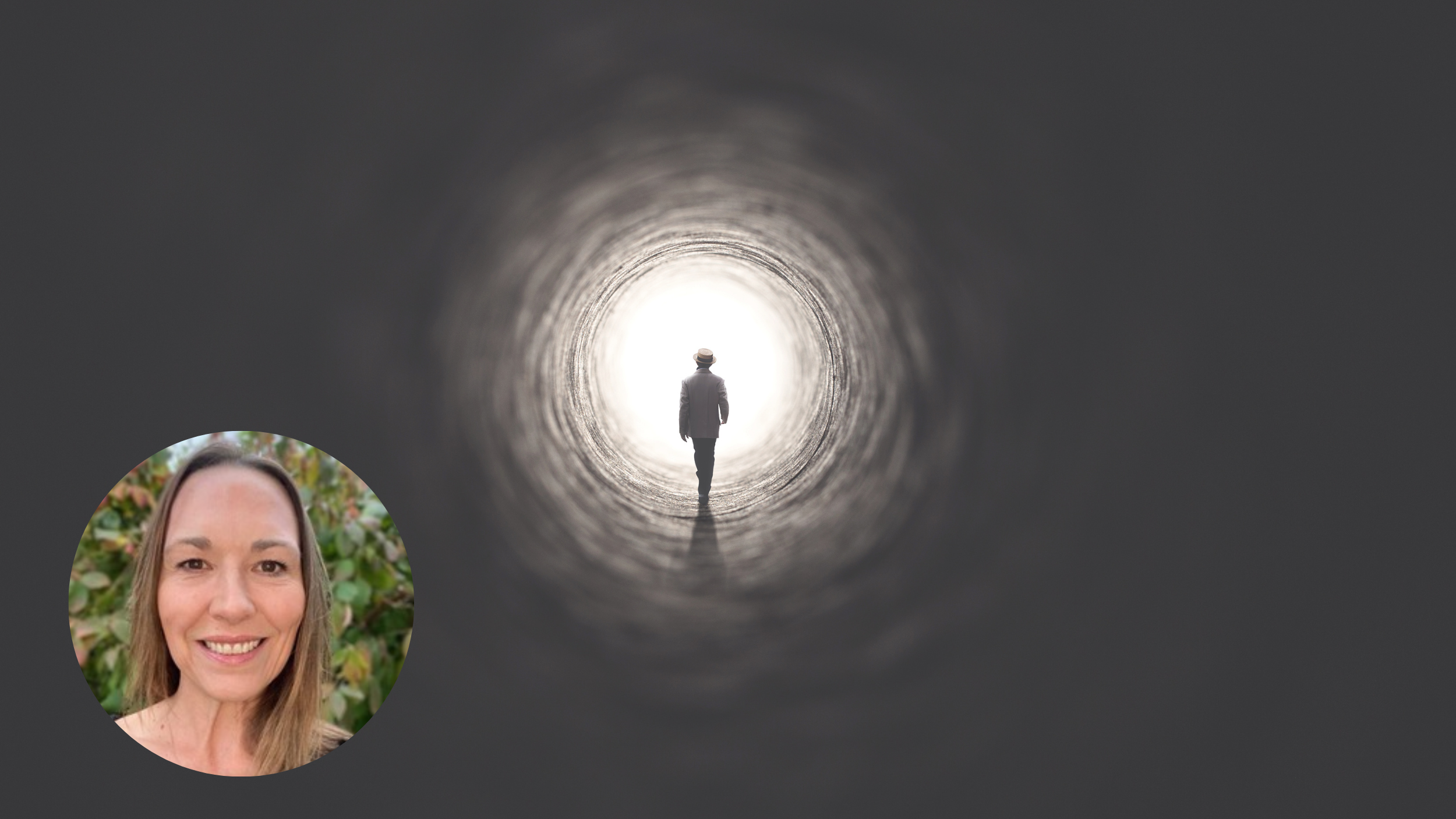Worrying about death and dying
By Kirsty Stacey, Counsellor at The Eaves
It is a normal human experience to worry about dying and is as natural as all other concerns about our health and wellbeing. However, if these concerns become overwhelming, we might be experiencing death anxiety which can range from mild where it feels manageable, through to severe (called Thanatophobia).
Anyone who experiences anxiety about dying will have their own unique experience, but these are some common concerns:
- The inevitability of death and the uncertainty of when it will occur can create an underlying feeling of vulnerability and lack of control.
- The unknown nature of what, if anything, happens after death can be a source of unease.
- Concern about physical suffering and pain in the dying process, especially if it involves a prolonged illness or medical intervention can increase feelings of uncertainty and anxiety.
- The fear of losing dignity, dying alone or being unable to say what we need or want to say to others can generate feelings of apprehension.
These feelings might be due to worrying about our own health, the health of someone close to us, a pet, or maybe activated by world events. Someone we care for who is moving towards the end of their life can elicit feelings of a need to keep ourselves safe so we can continue to provide the support they require. If someone has died suddenly, this can trigger feelings around our own mortality and our place in the world.
Research suggests that nearly 10% of people experience death anxiety and about 3% have a severe fear of death [1], which shows that anxiety about dying is a very real emotion and one that most people experience at times throughout their life.
When these thoughts and feelings stop us from doing things in our day to day lives, this can have a negative impact on our quality of life. When we are worried about dying, our sense of who we are changes, and thoughts can focus more on dying, and less about living.
Many of us find it easier to focus on the practicalities of our death. We let the people close to us know where to locate our Will, what we want to happen to our finances or how we want our funeral. However, we might not be able to find the words to the emotions we are experiencing. These can remain hidden or put to one side if they are too difficult to process and have conversations about.
If you are spending lots of time focusing on your own death or other people dying, feeling very distressed about death and dying, experiencing upsetting images about dying, avoiding places or activities that remind you of death or dying or if you are changing your lifestyle to stop or reduce the risk of your own death, it can be helpful to look at what beliefs or experiences are underpinning the fear, so you can understand where they are coming from. Speaking to a therapist can encourage conversations which can begin the journey of naming and normalising them.
[1] Death Anxiety, M Pugh and M Whalley, Psychology Tools 2023 https://www.psychologytools.com/self-help/death-anxiety/
The Eaves Counselling and Psychology
Kirsty Stacey, Counsellor and Psychotherapist at The Eaves, is based at our Farnham practice. To find out more about Kirsty, or to enquire about her latest availability, please visit her profile here
The Eaves Counselling and Psychology Ltd is a select professional body of Counsellors, Psychotherapists and Psychologists, providing high quality psychological care Monday to Saturday between 9am and 9pm from our practices in Guildford, Godalming, Farnham, Haslemere and online.
Find your practitioner in five easy steps
Are you a business owner or would like more support from your job? The Eaves’ own Employee Assistance Programme (EAP) service for small to medium businesses is easy, affordable and gives staff instant access to our large team of in-house Counsellors and Psychologists at a time and date to suit them. Contact us to find out more about our EAP service
If you need immediate support please find our list of useful contacts

